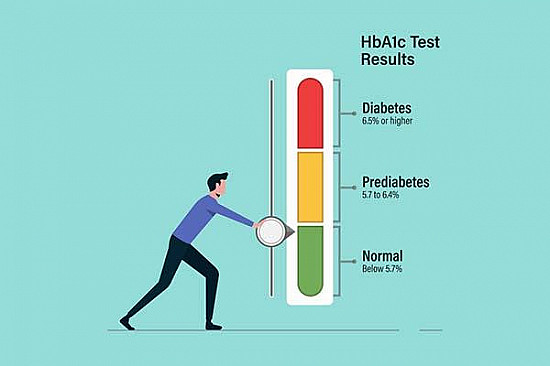Radionuclide scanning
- Reviewed by Howard E. LeWine, MD, Chief Medical Editor, Harvard Health Publishing; Editorial Advisory Board Member, Harvard Health Publishing
What is it?
A radionuclide scan is an imaging technique that uses a small dose of a radioactive chemical (isotope) called a tracer that can detect cancer, trauma, infection, or other disorders. In a radionuclide scan, the tracer either is injected into a vein or swallowed. Once the tracer enters the body, it travels through the bloodstream to the organ being targeted such as the thyroid, heart, or bones.
Different tracers tend to collect in different organs. The tracer emits gamma rays, which are similar to x-rays. These gamma rays are detected by a gamma camera and analyzed by a computer to form an image of the target organ. Sites of potential problems send out more intense gamma rays and appear as bright spots on the scan. Types of radionuclide scans include PET scans, gallium scans, and bone scans.
A radionuclide scan is painless, except for a mild skin prick if the tracer is injected. Once the tracer is given, it takes several hours for the isotope to travel to the target organ. During this time the patient usually can leave the test facility and return for the scan itself, which can last one to five hours.
What it's used for
Radionuclide scans are done most commonly to detect cancerous tumors, to judge the effectiveness of cancer treatment, and to look for signs that cancer has spread (metastasized) to organs such as the brain, liver, or bones. Another common reason these scans are done is to assess the function of a gland such as the heart or thyroid.
A radionuclide scan of the bones, also called a bone scan, is often used to check the skeleton for signs that cancer has spread to the bones from a primary (original) site located somewhere else in the body, such as the breast or prostate. Bone scans also can check for forms of cancer that begin in the bones themselves, as well as for noncancerous problems including infections of the bones or joints, and bone fractures that may be hidden or not easily diagnosed.

Preparation
Since the levels of radiation used in a radionuclide scan can affect an unborn child, tell your doctor if you are pregnant or if there is a possibility that you might be pregnant.
One of the radioactive chemicals used is iodine. If you have an allergy to iodine, you should tell your doctor.
Before some types of radionuclide scans, you may be asked to drink several glasses of water to help flush the tracer from your body. You may also be asked to empty your bladder before scanning begins.
How it's done
A radionuclide scan usually is done as an outpatient test, either in a special test facility or in a hospital. When you arrive for your test, you either will swallow the tracer, or it will be injected into one of your veins, usually in your arm. Because it takes several hours for the tracer to travel to its target organ, the test center may allow you to leave for a while and return later. When you return, you will be asked to lie in various positions on a table while the gamma camera scans your body. After the procedure you can resume your normal activities.
Follow-up
The results of your radionuclide scan usually will be available in a day or two. Ask personnel about how you will find out the results of the test.
Risks
The tracer isotopes used in radionuclide scans are safe, and they leave the body quickly. In many cases, the level of radiation involved is lower than in some conventional x-rays. Although an overdose of the isotope is possible, this is very rare.
Some pediatric experts believe that the radiation used in certain radionuclide scans, particularly bone scans, is too high for children, so they recommend these tests only when absolutely necessary.
When to call a professional
If the tracer was injected, call your doctor if you have pain, redness, or swelling at the injection site.
Additional info
National Library of Medicine (NLM)
https://www.nlm.nih.gov/
Image: mr.suphachai praserdumrongchai
About the Reviewer

Howard E. LeWine, MD, Chief Medical Editor, Harvard Health Publishing; Editorial Advisory Board Member, Harvard Health Publishing
Disclaimer:
As a service to our readers, Harvard Health Publishing provides access to our library of archived content. Please note the date of last review or update on all articles.
No content on this site, regardless of date, should ever be used as a substitute for direct medical advice from your doctor or other qualified clinician.















